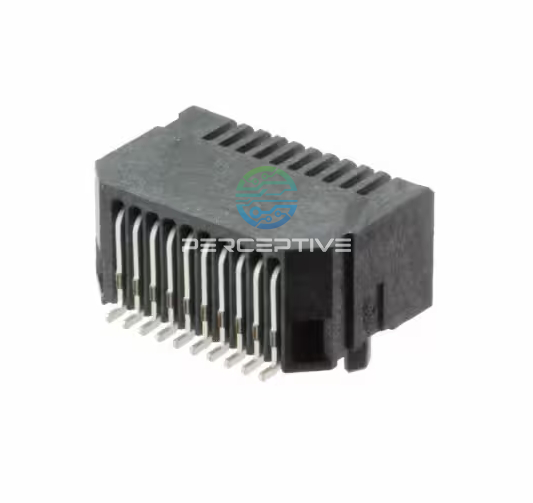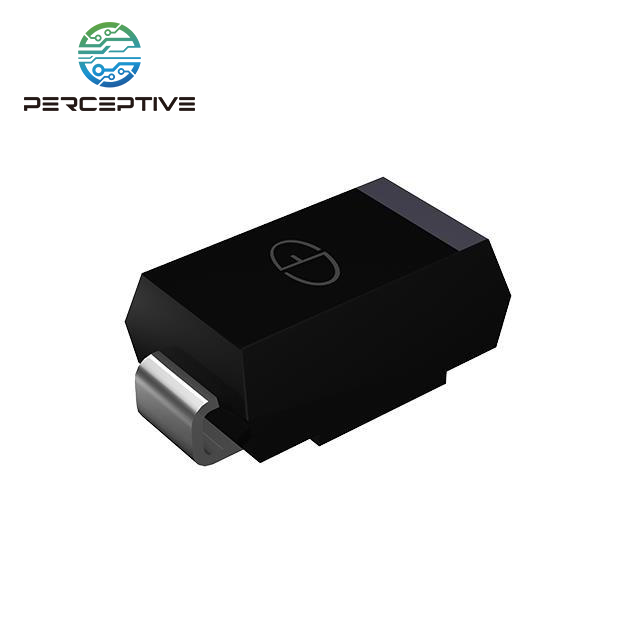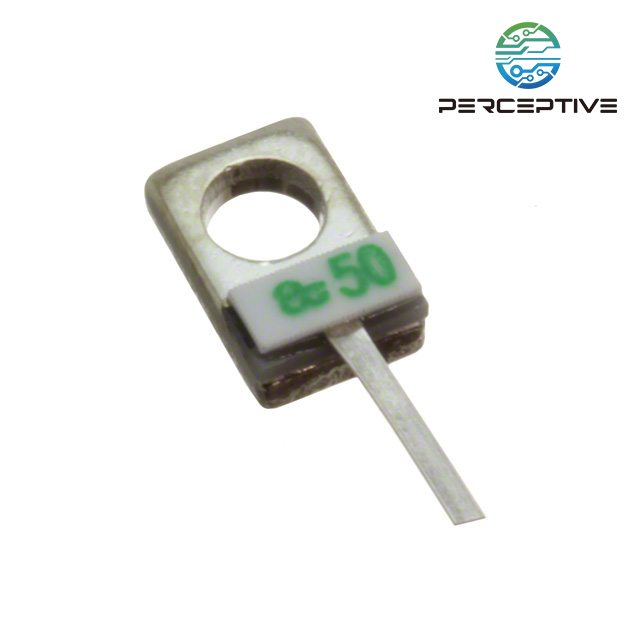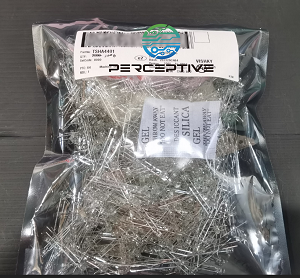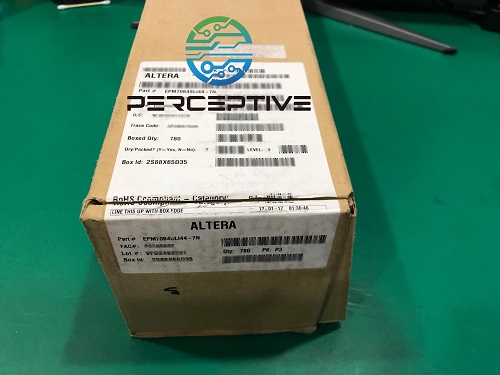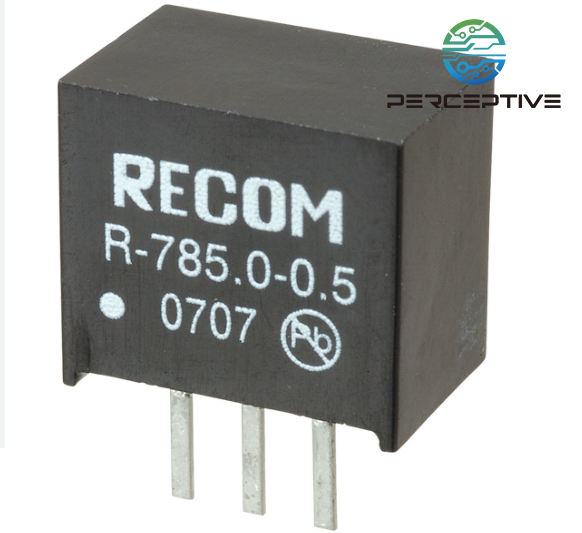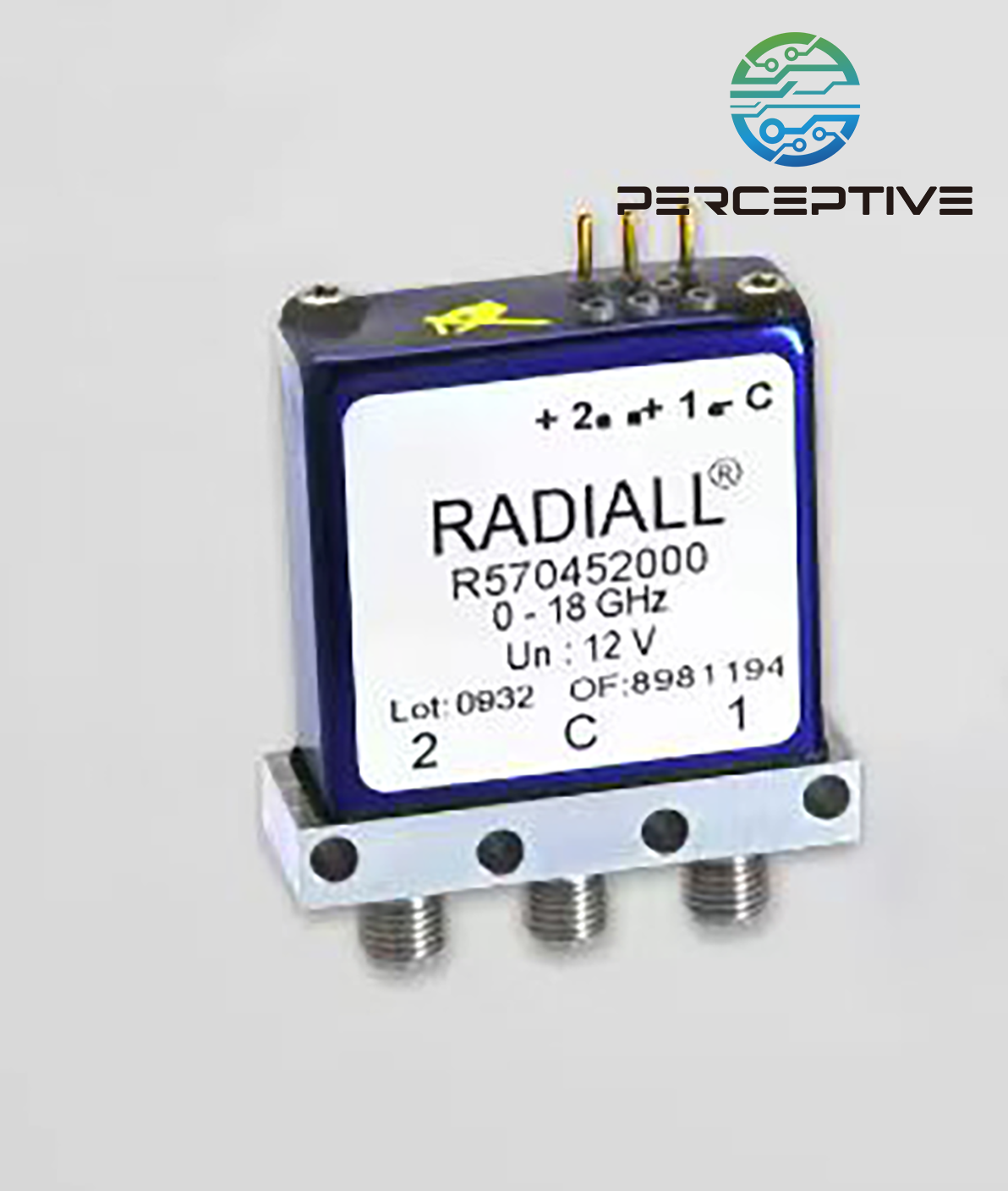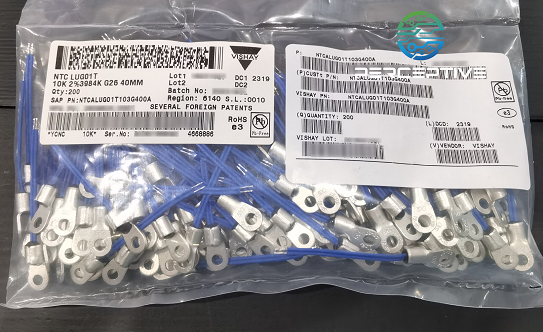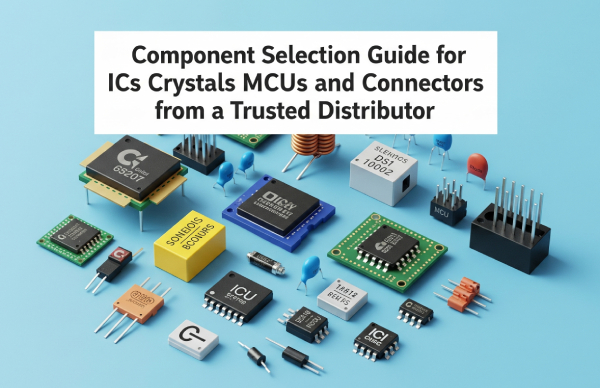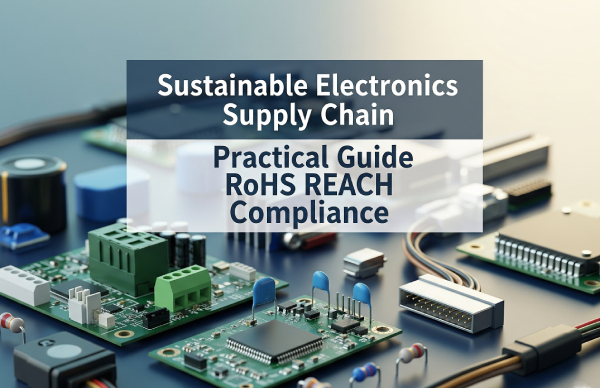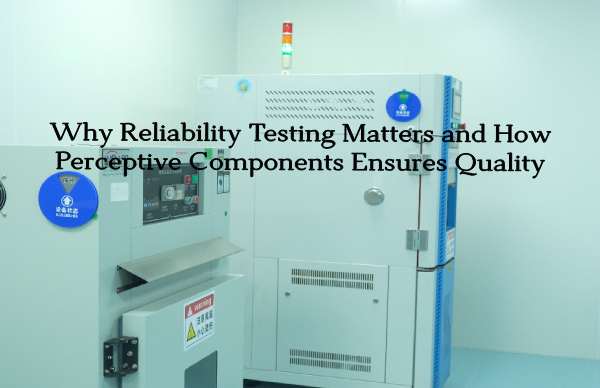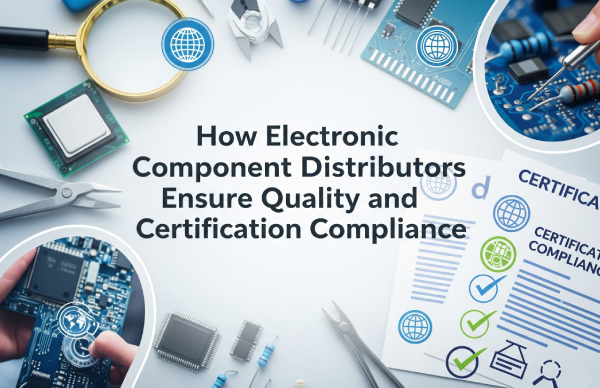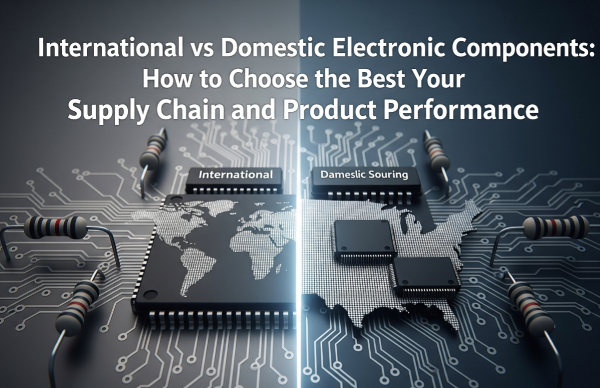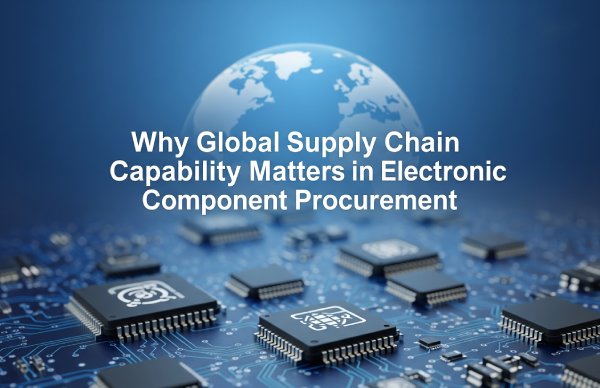For procurement professionals, especially those operating in high-demand or time-sensitive sectors, understanding a supplier's production capabilities, delivery timelines, and responsiveness to urgent or bulk orders is critical to maintaining a resilient and efficient supply chain.
Production Capability: The Foundation of Reliable Supply
Before entering into a partnership, it's essential to assess a supplier's manufacturing or stocking capacity. A supplier with strong production capabilities is more likely to maintain consistent output, even when facing fluctuating market demands. This is particularly important for Original Equipment Manufacturers (OEMs) and Contract Manufacturers (CMs) who depend on steady component availability to meet production schedules.
Key indicators of robust production capability include:
Long-standing partnerships with major component manufacturers
Strong logistics infrastructure, including regional warehouses
Certifications such as ISO 9001 or AS9120, which signal quality and process control
By asking questions about daily output volume, peak capacity handling, and scalability, buyers can gain insights into whether a supplier can grow with their business or withstand market turbulence.
Lead Time: The Silent Supply Chain Killer
Even the best component at the best price is of little value if it doesn't arrive when needed. Lead time—the interval between placing an order and receiving it—is one of the most underestimated factors in supplier selection. In today's environment, where Just-in-Time (JIT) manufacturing models dominate, delays of even a few days can ripple through the production process and cause costly setbacks.
What makes this especially challenging in the electronic components industry is the unpredictability of global events—semiconductor shortages, raw material bottlenecks, or transportation delays. That's why it's vital to evaluate not just average lead times, but also how a supplier manages and communicates delays.
A dependable supplier should be able to:
Provide accurate lead time estimates upfront
Proactively inform buyers about expected disruptions
Offer alternative solutions, such as alternative components or expedited shipping
Suppliers with real-time inventory visibility and automated order tracking systems are often better equipped to deliver on time and with transparency.
Handling Urgent and High-Volume Orders: Flexibility as a Competitive Advantage
In a perfect world, all orders would be planned months in advance. But in reality, engineers make last-minute design changes, demand forecasts shift, and customers make unexpected requests. That's when a supplier's agility becomes just as important as their capabilities.
Procurement professionals should look for suppliers that can:
Process urgent orders with accelerated lead times
Handle large-volume or repeat orders without compromising quality
Adjust order quantities mid-cycle when forecasts change
Flexibility often comes from a supplier's network strength and inventory depth. Distributors with multiple sourcing channels, local stock, or buffer inventory arrangements are more likely to respond swiftly in times of urgency.
Moreover, a supplier's willingness to offer value-added services—such as kitting, scheduled deliveries, or consignment stock—can make a substantial difference in how smoothly your procurement operations run under pressure.
Making a Holistic Supplier Assessment
To ensure long-term success and supply chain stability, procurement teams should go beyond the price list and evaluate suppliers on a combination of production strength, delivery consistency, and operational flexibility. Consider creating a supplier scorecard that includes:
Production volume capabilities
Historical lead time performance
Emergency response protocols
Bulk order handling records
Customer service and communication quality
This structured approach not only helps in identifying dependable suppliers but also strengthens internal procurement strategies by aligning sourcing decisions with business continuity goals.
Conclusion
Choosing an electronic component supplier is a strategic decision with far-reaching consequences. In an increasingly dynamic global market, those who prioritize capacity, timing, and adaptability will be best positioned to reduce risk, meet production deadlines, and deliver competitive products. The right supplier doesn't just fulfill orders—they help you stay ahead of the curve.

